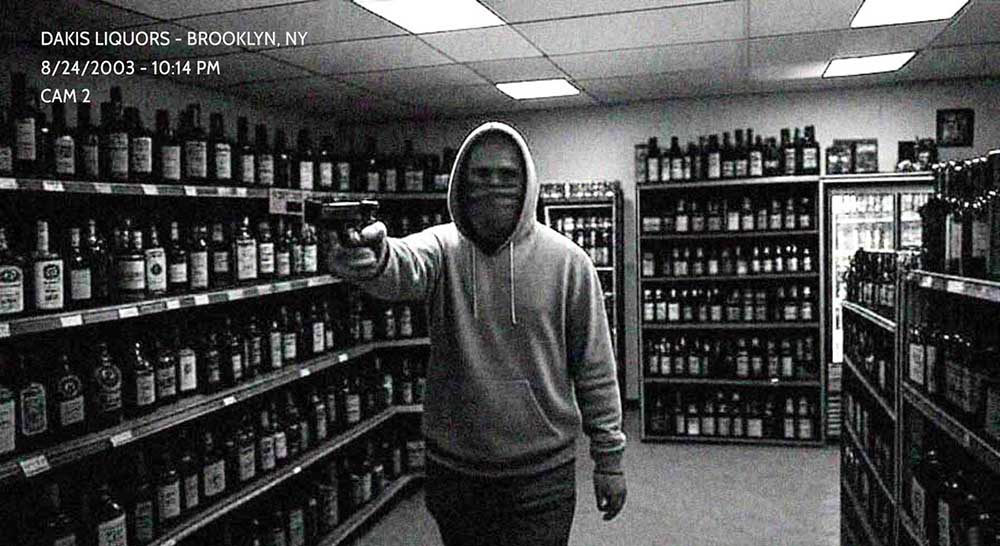Hire a non-fiction ghostwriter here.
Got an angle for a non-fiction story? If so, you’ve probably already thought about writing a book. Why not, right? Non-fiction novels are on an uptick and by 2026 non-fiction book sales are expected to reach $16 billion globally.
Turn over every stone, find the tidbits that are the least known and the most interesting, and tie it all together into a cohesive story. Ask yourself why you’re drawn to the subject and what about it grabs you. Will it have mass appeal or is it more of a niche market?
Niche markets can be a great way to differentiate yourself from other authors as long as there is enough material in that niche to write on. It’s always a good idea to test your market. Social media is a great place to start. Look for groups or pages dedicated to your subject or post about it and see what type of reaction you get. You may even be able to tweak your idea based on the feedback that you receive. If you’re unsure about the costs involved, our pricing page outlines everything you need.
So what is non-fiction?
Non-fiction is all about real life. Non-fiction is based on a true story and with true crime stories skyrocketing in the print, film, and docuseries markets, the market is wide open. The public can’t get enough of these stories. And with so many things happening in the world, there is no lack of subject matter.
Non-fiction is not just about true crime, though. It also covers things like nature, animals, the American diet, health and wellness, self-help, history, and more. The sky’s the limit when it comes to putting together these types of stories. Since you’re writing about factual events or ideas, there is more research involved than there is in fiction. It’s imperative to make sure to get your facts straight if you are going to put a real story into print just like our novels and fiction clients do for compelling storytelling.

Five best-selling non-fiction books since 2000
Since 2000, the world of non-fiction has exploded with powerful books that have captivated readers and sparked cultural conversations. Whether diving into psychology, politics, history, or self-improvement, these best-sellers didn’t just sell millions—they helped shape how we think. Let’s talk about five of the biggest hits and why they connected with so many people.
First up is Freakonomics by Steven D. Levitt and Stephen J. Dubner. Published in 2005, this book was a surprise hit. At its core, it’s about economics, but not in the way people usually expect. Levitt, an economist, teamed up with journalist Dubner to explore oddball questions like what schoolteachers and sumo wrestlers have in common, or how naming your baby might affect their future. The appeal? It made complex ideas super accessible and fun. People loved how it challenged conventional wisdom and made them rethink everyday decisions through an unexpected economic lens.
Then there’s The Life-Changing Magic of Tidying Up by Marie Kondo, which took the world by storm after its English release in 2014. On the surface, it’s a book about decluttering, but it tapped into something deeper: people’s desire for control and peace in a chaotic world. Kondo’s unique approach, especially the now-famous question, “Does it spark joy?”, resonated on a global level. It wasn’t just about cleaning your house, it was about transforming your life, and that made it irresistible.
Malcolm Gladwell’s Outliers: The Story of Success, published in 2008, also deserves a spot on this list. Gladwell has a gift for storytelling, and in Outliers, he explores what makes high achievers different. Spoiler alert: it’s not just talent. His theory of the “10,000-hour rule” became a pop culture reference point. The book’s appeal lies in its blend of narrative and data. It gave readers both insight and inspiration, offering a new lens on the age-old question of what drives success.
Another major best-seller is Becoming by Michelle Obama, released in 2018. As the memoir of a former first lady, it was almost guaranteed to draw attention, but it wasn’t just her fame that made it a hit — it was the honesty. Obama’s storytelling is personal, reflective, and at times vulnerable. She talks about her roots, her career, her time in the White House, and her challenges balancing public life with motherhood and marriage. It felt real, and readers appreciated the mix of elegance and authenticity. It inspired many, particularly women and young people of color, who saw parts of themselves in her journey.
Finally, Sapiens: A Brief History of Humankind, by Yuval Noah Harari, became a global sensation after its English release in 2014. The book looks at the entire history of our species, from the Stone Age to the modern day, with sharp insight and engaging prose. Harari manages to tackle massive themes like evolution, religion, capitalism, and technology without ever sounding dry. People loved it because it made them feel smarter. It answered big questions about who we are and where we’re going, in a way that was both readable and thought-provoking.
What all these books have in common is that they made readers feel something. Think curiosity, empowerment, clarity, connection. They weren’t just informative; they were emotionally and intellectually engaging, which is exactly what makes non-fiction unforgettable.
The danger of oversaturation
If you’re going the true crime route, make sure the topic isn’t oversaturated, unless you can come up with a different angle that no one else has found. A great example of oversaturation is the story of Gypsy Rose Blanchard. There are already documentaries, a docuseries, and a book about the young woman who was just released from prison for killing her Munchhausen-afflicted mother. You could jump on the bandwagon and write something about her or you could find a new angle to the story. This is just an example, but there are many stories like this one that have a huge following, such as politics. Politics are all over the media as elections approach, and there is no shortage of subjects, ranging from the loud and outrageous to the ambitious but obscure. Many of our clients want to describe how a religious revelation impacted their lives stories similar to those in our autobiographies and memoirs section.
A word of advice: If your true story will be using actual names, businesses or venues, it would be a very good idea to speak with a lawyer early on. While the truth is usually an excellent defense, people can and do sue others over literally nothing. And defense lawyers are expensive.
What is your non-fiction book idea?
The time has arrived for your non-fiction book idea to make readers feel something, too, and our expert ghostwriters can make that happen. We’re ready to talk with you if you’re ready to talk with us. Your consultation is free. Pick up the phone now and call or text, or email. Tell us what you’ve been thinking about.



